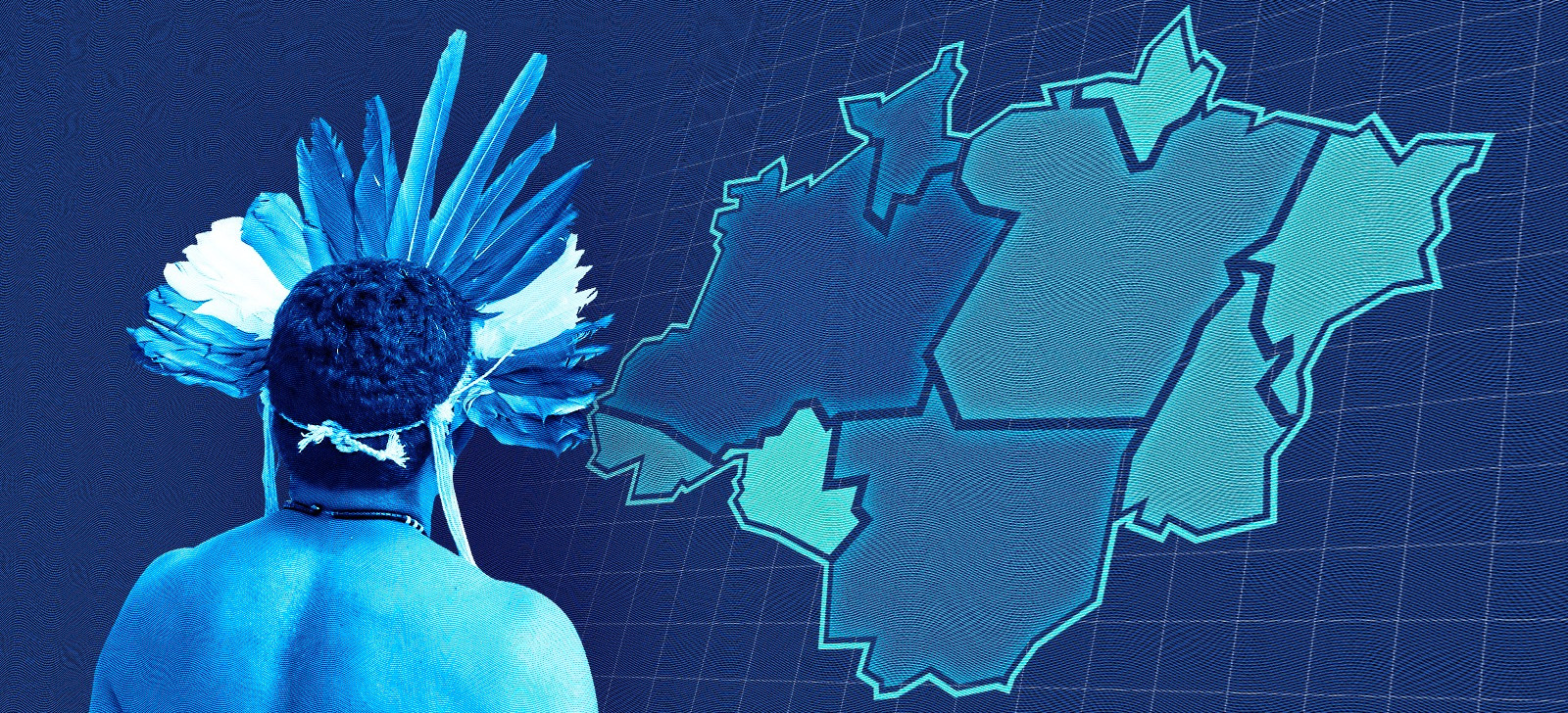Number of Indigenous elected in municipal offices grows in Brazil
15 de January de 2025

By Ana Pastana – From Cenarium
MANAUS (AM) – Data from the Ministry of Indigenous Peoples (MPI) indicates that 256 Indigenous candidates were elected during the 2024 municipal elections, which selected mayors and councilors to govern and oversee city management in Brazil until 2028. Of the eight states comprising the Amazon Legal region, 106 Indigenous officials were sworn in, with Amazonas leading the way, electing 47 individuals, including mayors, deputy mayors and councilors. Rondônia recorded the fewest Indigenous officials, with just one councilor elected.
According to the Superior Electoral Court (TSE), Indigenous candidates received 1,635,530 votes in the last election. A total of 2,479 candidates identified as Indigenous in the 2024 election, representing a 14.13% increase compared to the 2020 elections, which had 2,172 candidates. Regarding the number of Indigenous officials elected, the increase exceeded 8%, with 237 candidates elected in 2020.
For Bárbara Flores Borum-Kren, co-founder of the Plurinational Movement Wayrakuna and the Wayrakuna research group, Indigenous movements have been a key factor in raising these numbers and advancing the inclusion of Indigenous peoples in Brazilian politics. “The increase in Indigenous declarations is due to a continuous and positive process regarding self-declaration, the affirmation of Indigenous identity. Indigenous peoples have always been heavily threatened, and public policies in the Brazilian state have historically sought to erase Indigenous peoples. However, through mobilization and advocacy by Indigenous movements for policies addressing their needs, the Brazilian state itself has adopted a different stance toward Indigenous peoples“, she stated.
With the inauguration of Indigenous mayors, deputy mayors, and councilors, public initiatives previously led by non-Indigenous officials now have the input of those who directly experience the needs of Indigenous communities. “Taking office doesn’t guarantee public policies, but at least it guarantees the fight for these policies, as if we were forming a caucus to advocate for our rights based on our perspectives and needs, without relying on intermediaries”, said Bárbara.
On a national level, according to the ministry, nine Indigenous individuals were elected as mayors in 2024 (eight men and one woman), 13 as deputy mayors (four women), and 234 as councilors (36 women). According to the TSE, 170 ethnicities were represented in Indigenous candidacies in the last election.
2022 Census
Amazonas is the state with the highest concentration of Indigenous localities in Brazil, according to data from the 2022 Census by the Brazilian Institute of Geography and Statistics (IBGE). The census reports that Amazonas has 2,571 Indigenous territories, accounting for 30% of the total; Mato Grosso follows with 924 areas (10.79%); Pará with 869 (10.14%); Maranhão with 750 (8.75%); and Roraima with 718 (8.38%).
Overall, the North Region contains the majority of these areas. Among the 20 Brazilian cities with the largest number of Indigenous territories, 18 are located in the North, totaling 5,158 territories or 60.20%.
In 2022, Brazil had 8,568 Indigenous localities identified across all states and the Federal District. Most of these (71.55% or 6,130) were within officially declared, homologated, regularized, or designated Indigenous lands as of the census reference date. Meanwhile, 2,438 (28.45%) localities were outside these areas.

